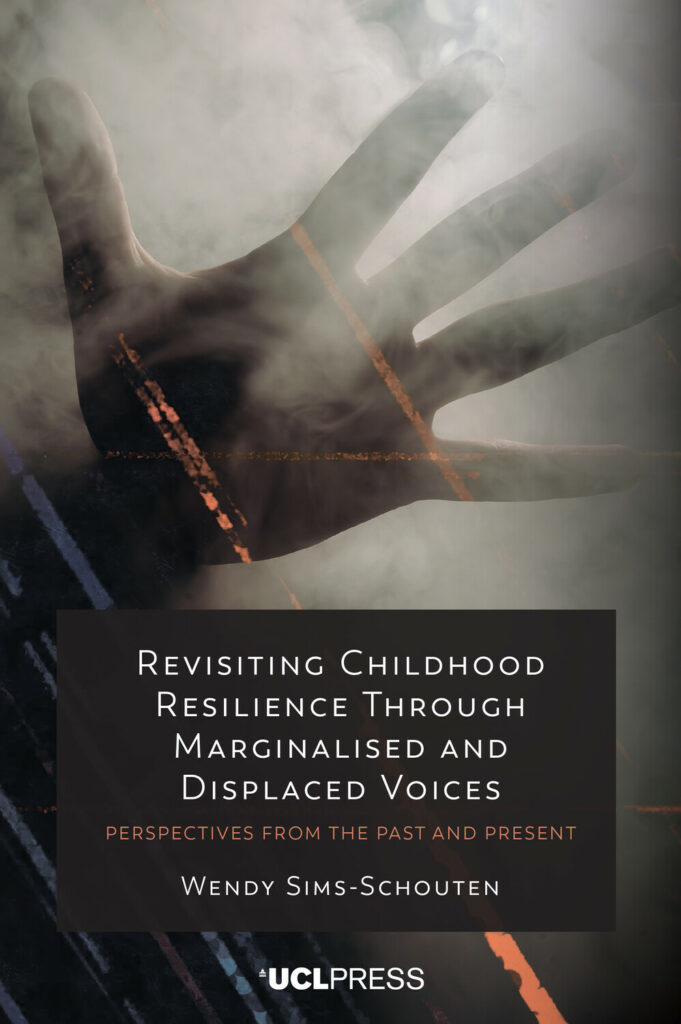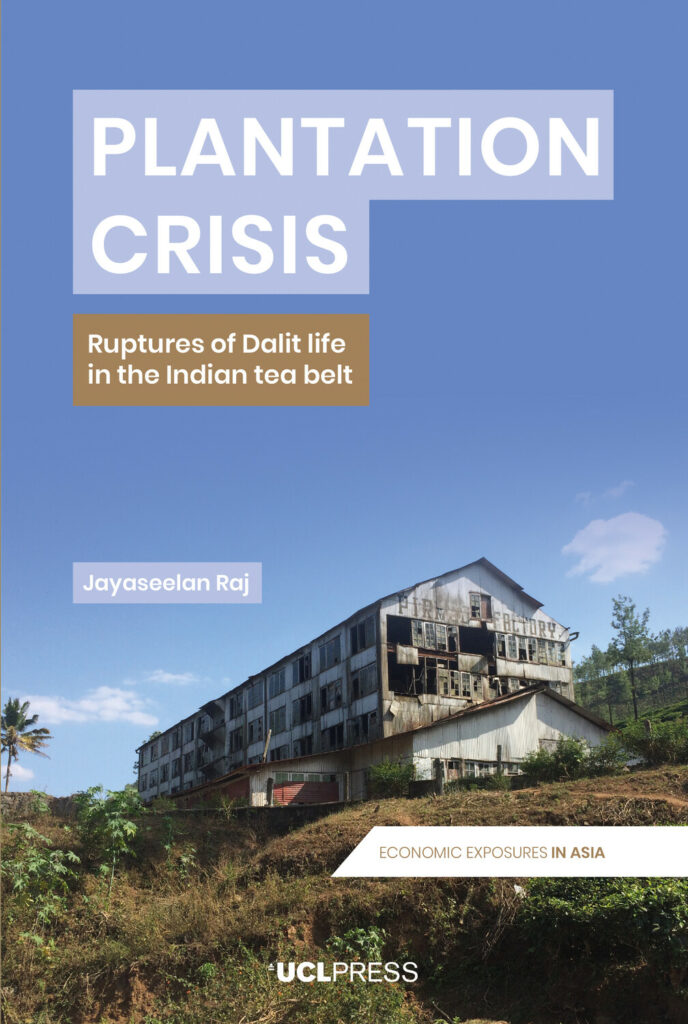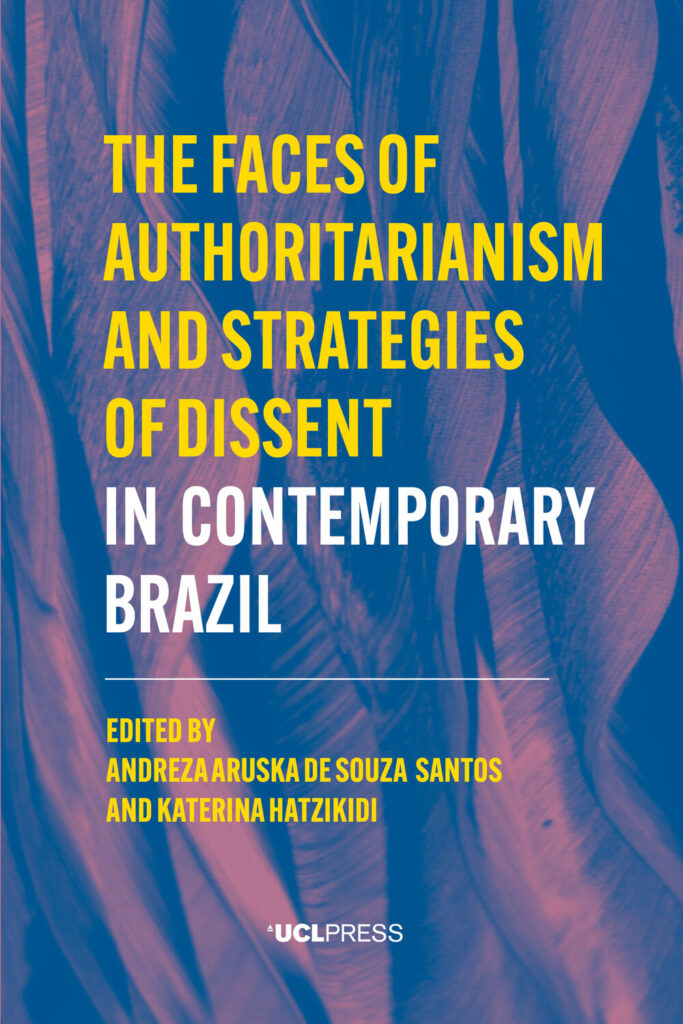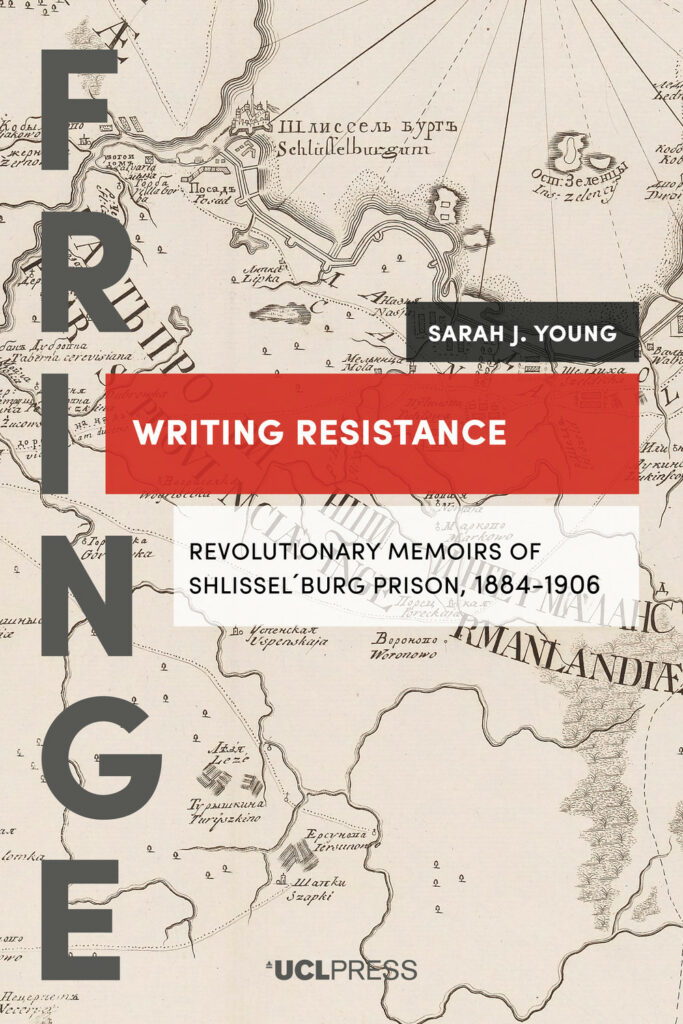
Despite many decades of research into childhood resilience, it remains a contentious area with much still left to be resolved. Key terms are poorly defined, positioning marginalised and displaced children as objects rather than co-producers of knowledge. Research and practice frame resilience through individualised models of health and abnormality. These models emphasise individual responsibility over systemic oppression, ignoring personal marginalised voices and experiences, and the contribution of appropriate needs-based assistance. Resilience needs rethinking.
Revisiting Childhood Resilience Through Marginalised and Displaced Voices uses an interdisciplinary approach to challenge current childhood resilience research and practice. The culmination of ten years of research and publications around childhood resilience, the book draws upon data collected from and co-produced with children, young people and adults from marginalised, disadvantaged and displaced communities. In so doing, it highlights the transformative potential of stories told by marginalised and displaced children, past and present. When these narratives are prioritised, they disrupt, counter and draw critical attention to coping strategies in light of adversity and oppression, to inform creative research and policymaking. Centralising the voices of care leavers, young people who are bullied, members from minority ethnic communities and former migrants/refugees, among others, Wendy Sims-Schouten shines a light on 150 years of marginalised voices and experiences in relation to resilience.
Praise for Revisiting Childhood Resilience Through Marginalised and Displaced Voices
‘This thought-provoking book revisits the concept of resilience through close interpretation of the moving stories told by marginalised children and adults across time, shining new light on the rebellious, resistant ones, so often dismissed as ‘dangerous’ or ‘deviant’. A must-read!’
Helen Cowie, University of Surrey
‘Listening to the stories of marginalised people empowers their voices and gives a very rich, multifaceted and critically innovative perspective which can reshape how we understand oppression and exclusion. Especially, this liberating book shows how conventional discussions of individual resilience can obscure the social and cultural processes we need to understand.’
Helen Haste, University of Bath
‘Adopting an intriguing and eclectic perspective of resilience in understudied samples, this is a rare book that challenges the status quo. A must read for anyone seeking to gain unique insight into the concept of resilience.’
Nora Wiium, University of Bergen


